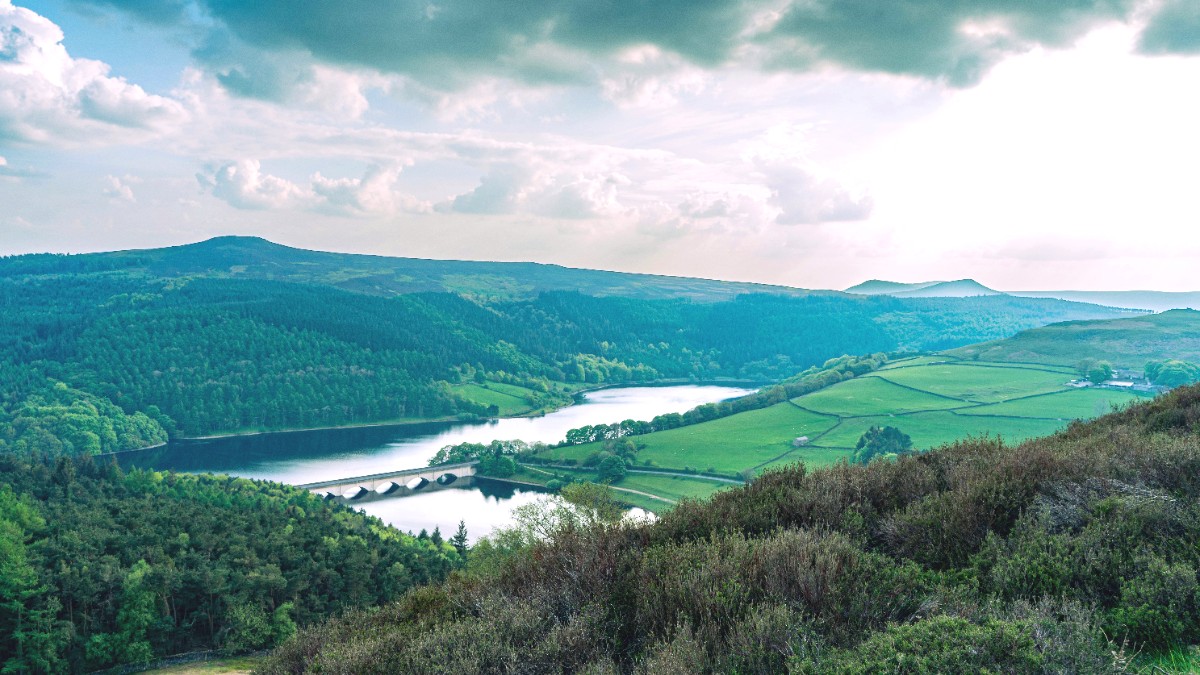
The Midlands, England
The Peak District was the UK's first National Park. Respect all signage and designated areas.
Follow 'Leave No Trace' principles. Take all litter home, including food waste.
Responsible water use is always encouraged, extending to your accommodation.
Your travel choices influence the Peak District's environment. Embrace sustainable practices during your visit.
Reduce your environmental footprint. Offsetting flight emissions is one step. Within the park, choosing eco-friendly transport is impactful.
Look for accommodations with stated environmental policies or certifications. Support tour operators prioritizing sustainable practices.
If inclined to donate, consider supporting local conservation charities or community projects directly. These organizations work to protect the landscape.
Visitors embrace "Leave No Trace" principles. Take all litter home, including food waste. Recycling bins are available in towns and at some car parks.
Traveling during the shoulder or low season spreads tourism's economic benefits throughout the year.
This practice also lessens pressure on popular sites during peak times.
Traveling during shoulder or low season spreads economic benefits throughout the year and lessens pressure on popular sites during peak times.
Your interactions influence cultural preservation and the local experience.
Be polite and friendly. A simple "hello" or "good morning" to locals on trails or in shops is appreciated. Respect local customs and traditions.
It is generally acceptable to take photos of landscapes and public buildings. Ask for permission before photographing people, especially children, to respect their privacy.
Your choices as a traveler directly stimulate the local economy. Support small, local businesses over large chains where possible.
Prioritize independent shops and eateries for spending.
Seek out locally produced crafts and food items.
Your money supports local livelihoods directly.
Conscious travel decisions contribute to the preservation of this unique landscape and its communities.